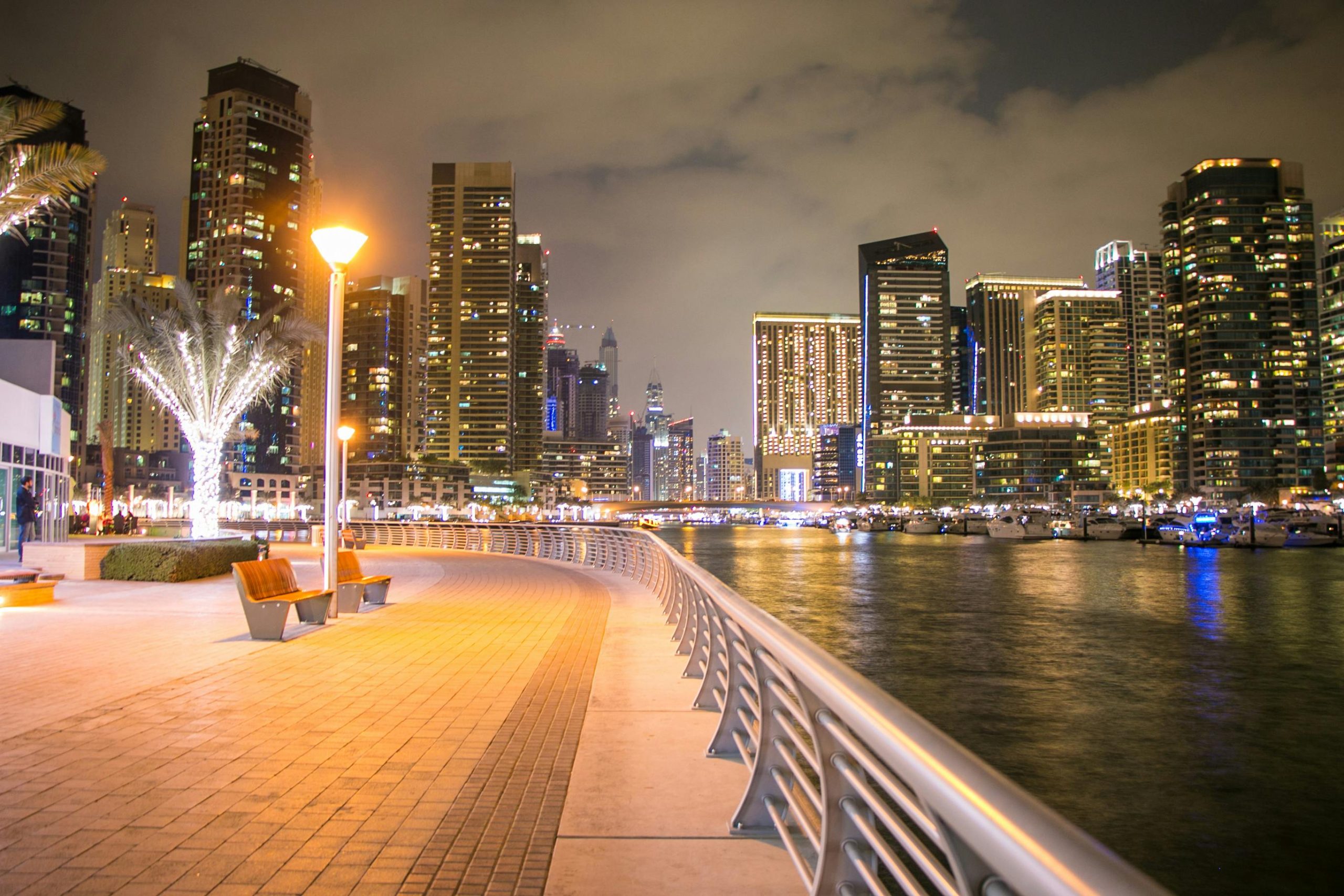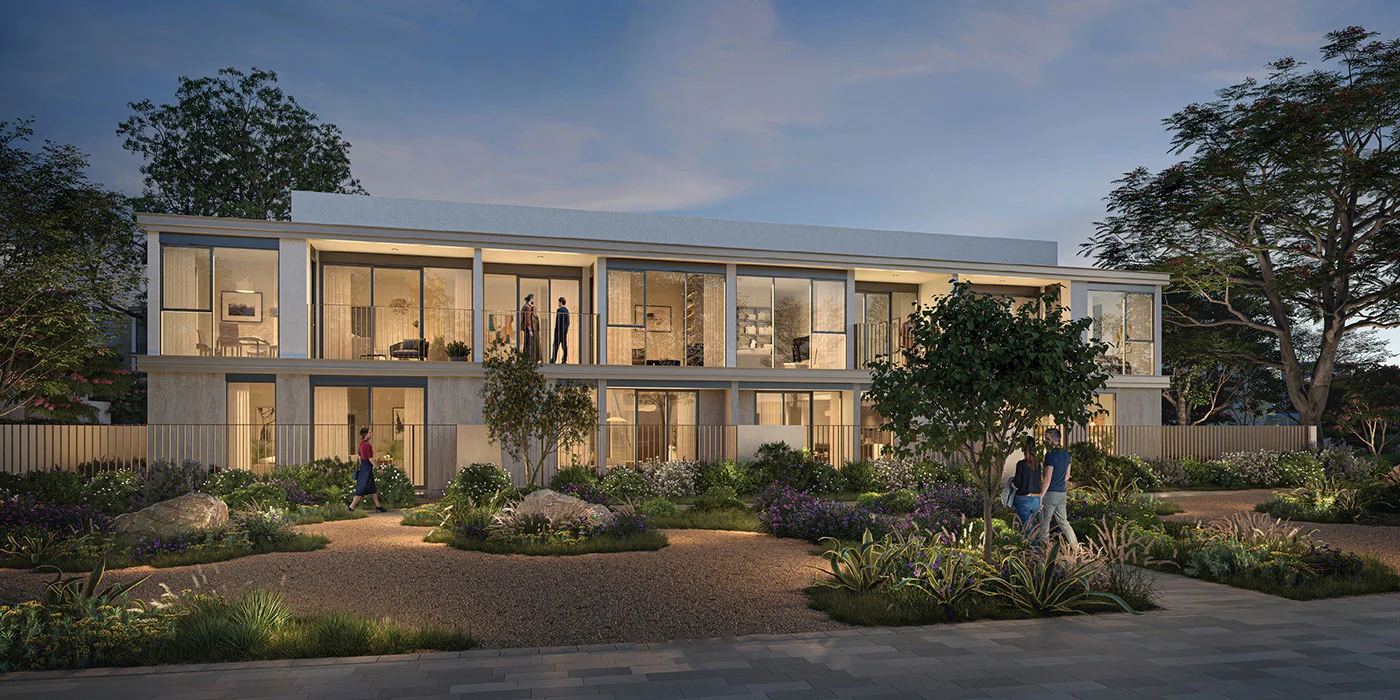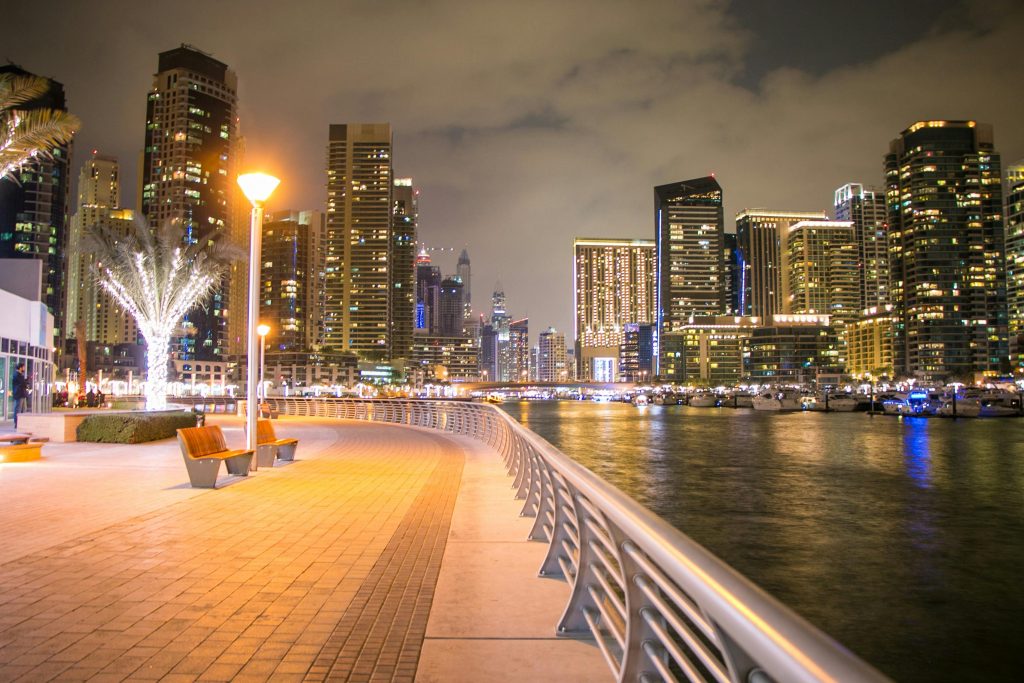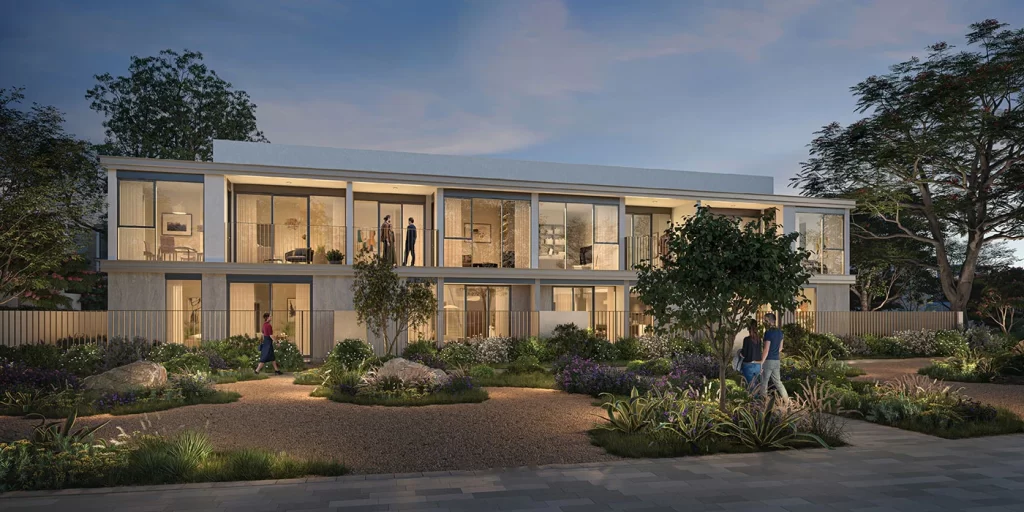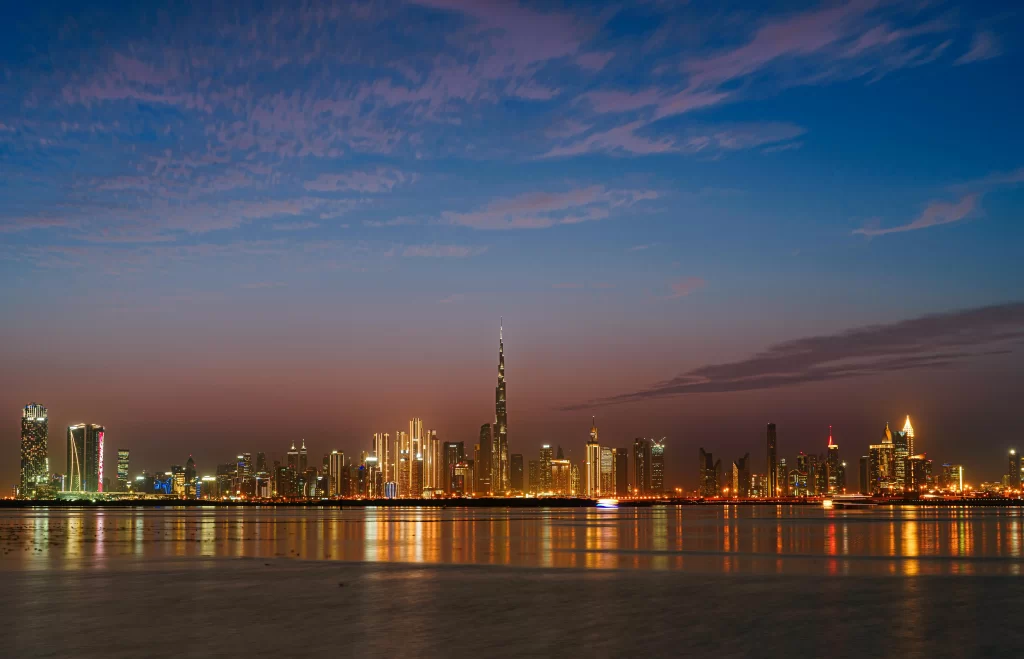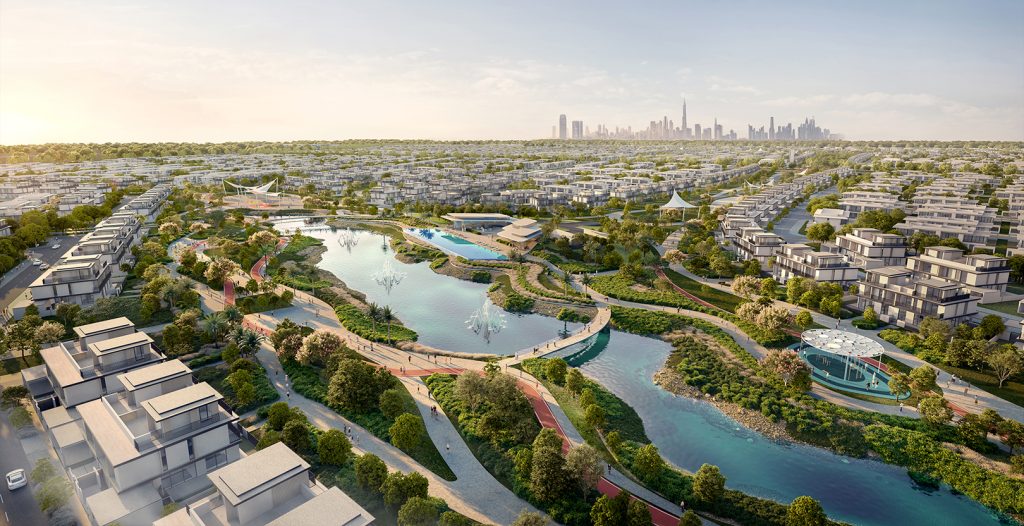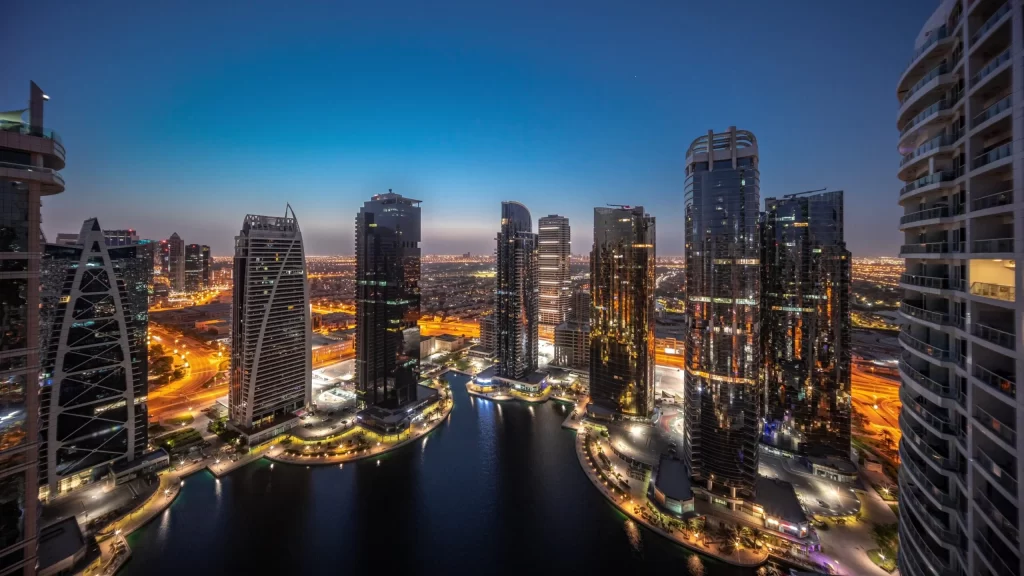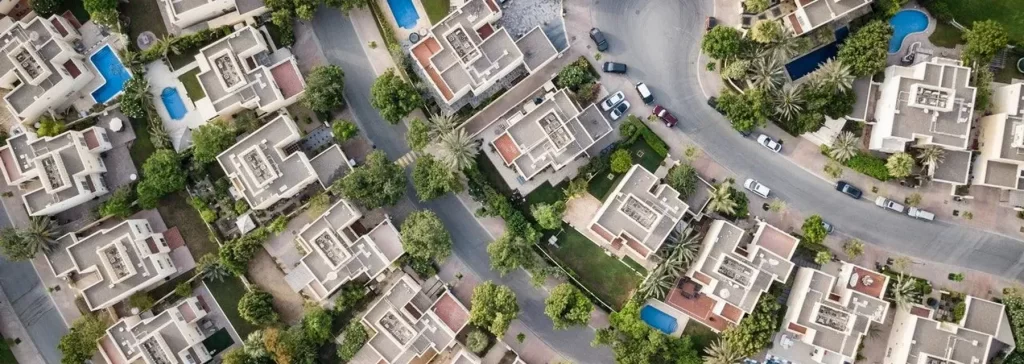Dubai is a sought-after destination among the cosmopolitan population for its high-end lifestyle and luxurious living. The city offers a plethora of top-notch residential towers complete with all the modern amenities one could ask for. However, with such luxurious living comes at a price tag that is not affordable for everyone. This is where renting comes in as a more viable option, especially for those who are new to the city or are only staying for a short period of time.

GUIDE TO RENTING IN DUBAI FOR BEGINNERS
If you are new to Dubai, the process of renting can seem daunting and confusing. But don’t worry, we are here to help! This guide will walk you through everything you need to know about renting in Dubai, from finding the perfect property to signing the tenancy agreement.
FINDING A PROPERTY IN DUBAI
The first step in renting a property in Dubai is finding the perfect one! You can start your search by browsing online listings or contacting a real estate agent. Once you have found a few potential properties, it’s time to schedule viewings. During the viewing, make sure to take note of any damage or defects so that you can raise them with the landlord later on.
The first step in renting a property in Dubai is, of course, finding the perfect one that fits your needs and budget. You can start your search by looking online on websites like Dubizzle or Property Finder, or even on social media platforms like Facebook and Instagram.
There are also a number of real estate agencies in Dubai like the best real estate Agency Azco Real Estate Brokers that can help you find a suitable property. You can refine the search results for villas and apartments for rent in Dubai based on variables such as budget, property type, location, number of bedrooms and bathrooms to make sure you see only relevant listings. Once you have found a few options, it’s time to take a look at them in person to see if they meet your expectations.

When viewing a property, there are a few things you should keep in mind:
– Location: Is the location of the property convenient for you? Consider factors such as proximity to public transport, schools, supermarkets, and your workplace.
– Size: Is the property the right size for you? Keep in mind that you may need to furnish the space, so make sure there is enough room for all your belongings.
– Budget: Can you afford the rent for this property? Make sure to also factor in other expenses such as utilities and monthly fees.
Once you have found a property that meets all your criteria, it’s time to move on to the next step: negotiating with the landlord.
NEGOTIATING WITH THE LANDLORD
The next step in renting a property in Dubai is negotiating with the landlord. This is where you will discuss the rental price, contract duration, and any other terms of the agreement. It is important to remember that you are not obliged to accept the first offer, so don’t be afraid to negotiate!
If you are working with a real estate agent, they will usually handle the negotiation on your behalf. However, if you are dealing directly with the landlord, there are a few things you should keep in mind:
– Be polite: Remember that you are trying to build a good relationship with the landlord, so it is important to be respectful and courteous.
– Do your research: Know what the market rate is for properties similar to the one you are interested in. This will help you determine whether the landlord’s asking price is reasonable.
– Be firm: Don’t be afraid to stand your ground and negotiate for a better deal. However, make sure not to be too confrontational or aggressive.
Once you have reached an agreement with the landlord, it’s time to move on to the next step: signing the tenancy contract.
SIGNING THE TENANCY CONTRACT

The next step in renting a property in Dubai is signing the tenancy contract. This is a legally binding document that outlines the terms of your agreement with the landlord. It is important to read through the contract carefully before signing it, as you will be held responsible for any clauses that you agree to.
Some of the things that are typically included in a tenancy contract are:
– The rental price: This is the amount of money you will be paying to the landlord each month.
– The contract duration: This is the length of time that you will be renting the property for. Typically, tenancy contracts are for one year, but it is possible to negotiate a shorter or longer contract.
– The security deposit: This is a refundable deposit that is paid to the landlord at the beginning of the tenancy. It is usually equivalent to one- or two-months’ rent and is used to cover any damages or repairs that may be required at the end of the tenancy.
– The notice period: This is the amount of notice that you are required to give before you can move out of the property. Typically, this is 30 days.
Once you have signed the tenancy contract, you will need to register it with the Dubai Land Department. This can be done online or in person at the Land Department’s office. You will need to pay a fee of AED 250 for this service.
REGISTERING YOUR TENANCY CONTRACT
The next step in renting a property in Dubai is registering your tenancy contract with the Dubai Land Department. This can be done online or in person at the Land Department’s office. You will need to pay a fee of AED 250 for this service.
Once you have registered your tenancy contract, you will be given an Ejari certificate. This document is important as it is required for various services such as applying for utilities and getting a residence visa.
APPLYING FOR UTILITIES

The next step in renting a property in Dubai is applying for utilities. This includes services such as water, electricity, and internet. You will need to contact the relevant utility provider and apply for service. Usually, you will need to provide your tenancy contract or Ejari certificate when applying for utilities.
GETTING A RESIDENCE VISA
The final step in renting a property in Dubai is getting a residence visa. If you are not a citizen of the UAE, you will need to apply for a residence visa in order to live in Dubai. This can be done through your employer or through a relative who is already living in the UAE. Once you have obtained your visa, you will be able to move into your rented property.
We hope this guide has been helpful in explaining the process of renting a property in Dubai. If you have any further questions, please feel free to contact us. Thank you!

